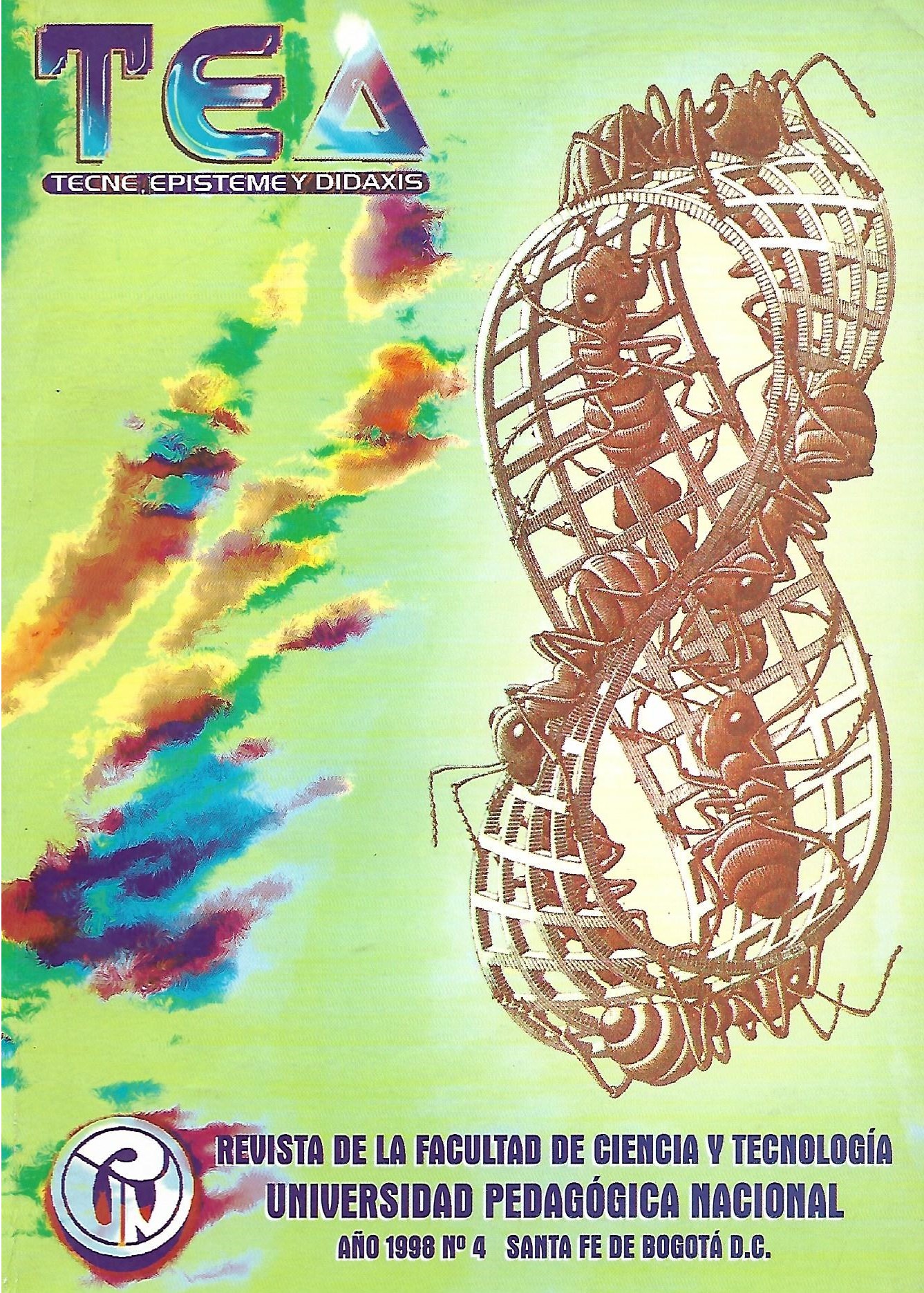LAS NOCIONES DE LOS NIÑOS ACERCA DE LO VIVO. IMPLICACIONES DIDÁCTICAS
Resumen
The article takes some of the results from the research “Biological thinking and
communicative development in children”. The results indicate that children have a
coherent thinking about the notion alive, eventhough it is obviously different from the
scientific concept. This coherence is demonstrated when children try to define the
notion of being alive in doing so, they use the most evident traits such as movement.
Besides, their thinking gradually pays attention to other characteristics, equally evident,
such as growth, feeding needs, reproduction and death.
The paper states that in spite of the fact that they have the same age, they are in the
same educational institution and they are in the same grade, this children do not have a
unique nor simple criteria, to define the notion of alive. Their thinking is not simple; it has
certain complexity and shows that they have their own vision of the meaning of being
alive. This vision is different from the adult’s vision and, obviously quite different from
the scientific concept academically accepted. Nevertheless, these children are actually
structuring ideas about the holistic nature of living beings and their relations with the
environment.
Descargas
Derechos de autor 2017 TED: Tecné, Episteme y Didaxis

Esta obra está bajo una licencia internacional Creative Commons Atribución-NoComercial 4.0.























